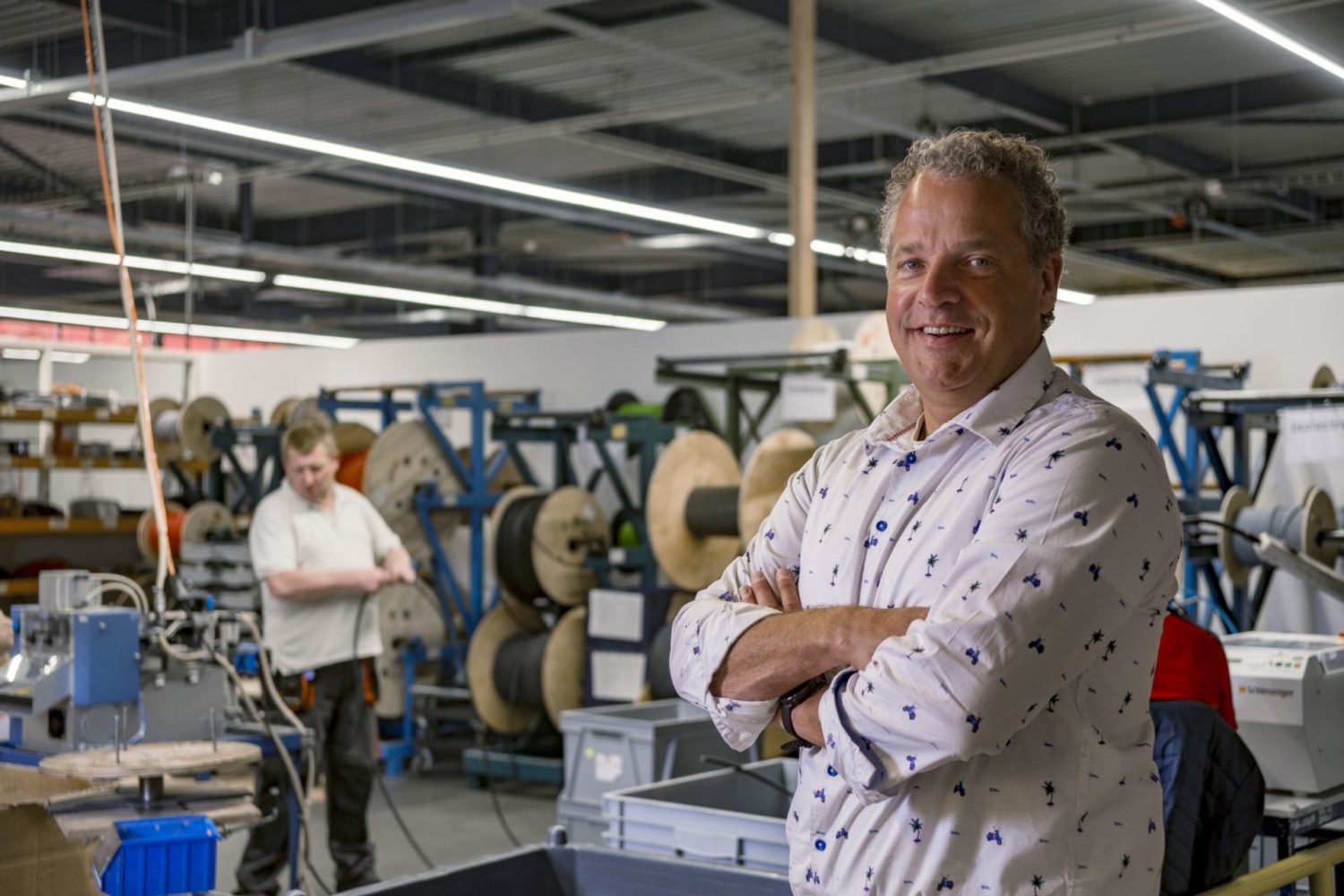Caparis has had turbulent years and we are deliberately putting them to rest. At a time when all hands on deck are needed to sustainably change our world, this company is also looking to the future. Precisely because of the disappointing impact of the Participation Act and the prevailing prejudices, Caparis is keeping focus. 'We focus on the possibilities of the large group of people who would like to participate, but who, due to a distance from the labor market, need a longer or different path to flourish,' says Alex. 'We are talking about 1.2 million people in the Netherlands. Two thousand of them work in Friesland and they are certainly not twiddling their thumbs. They contribute to society, also from an economic perspective, and that should be seen.'


